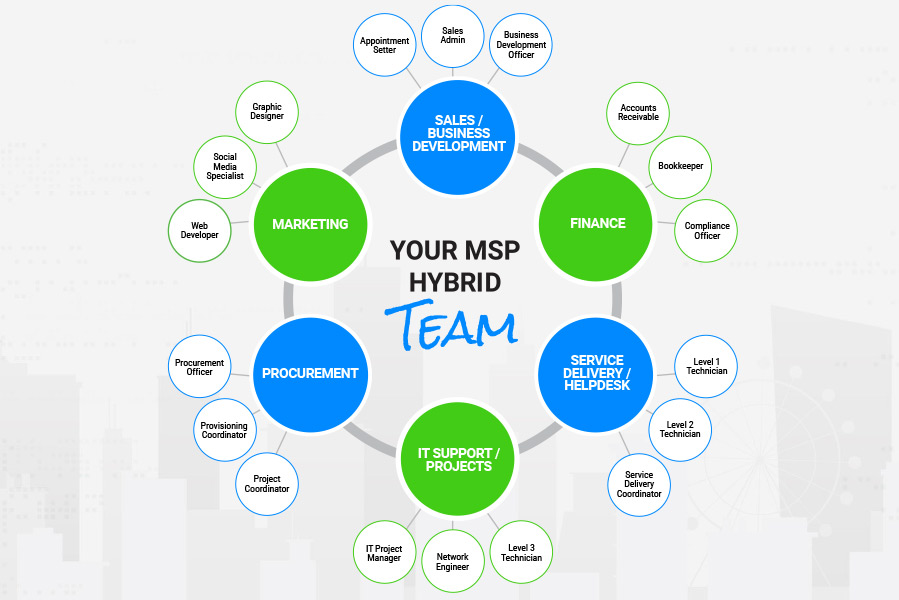In recent years, there’s been a growing trend among workers quitting their jobs in what has been coined The Great Resignation.
This has changed the way people think about their career, as workers are re-evaluating their priorities and leaving their jobs in record numbers.
With workers leaving, businesses were forced to rethink their strategies as they have been feeling the hurdles, particularly in the MSP and IT industries, where labor shortage is already high.
The real cost of losing an employee
- According to The Society of Human Resource Management, replacing employees cost a company 6-9 months of their income.
- When a role is vacated for a long time, it can lead to lost productivity and may impact your bottom line.
Mitigating the effects
It’s 2023 and some of you might still be feeling the effects of the Great Resignation and might be wondering if it will slow down any time soon.
Although reports suggest that the Great Resignation will soon be over, the war for talent as well as retaining skilled workers have become fiercer than ever, especially with the current tight labor market.
To mitigate the effects and risks, here’s some tips:
1. Be proactive in meeting the hiring needs of your company.
Most businesses typically start recruiting staff as soon as one employee leaves the post. This can put a lot of strain on your organization, especially when you’re looking to fill vacancies immediately.
Proactive hiring allows you to put a strategic plan in place for your hiring process. This means creating a robust talent pipeline and attracting candidates before hiring demand starts.
By following this approach, you do not end up rushing to fill staff that oftentimes end in bad hires and poor matches.
2. Hire staff who are culturally fit to your business.
Employees who have the right skillsets and personality can help your business thrive and flourish. Hiring someone who shares the same values and work ethic as the rest of your team encourages collaboration, support, and teamwork.
3. Build an offshore team
One solution that can help you navigate the Great Resignation and high employee turnover rate is through offshoring.
Offshoring refers to the practice of moving some of your operations to countries like the Philippines, where labor costs are lower.
How it works
- With offshoring, you can tap into a global talent pool with high levels of skills and expertise.
- By offshoring certain functions in your business, you can efficiently reduce your operational costs, from office equipment, statutory taxes, insurance, utilities, and more.
- Maintain continuity during times of upheaval.
Overall, the Great Resignation is likely to continue in the current job market. When developing strategies to mitigate the impact, finding a reliable offshore partner is key.
For over 10 years, we’ve helped 150+ partners scale and improve their overall efficiency by having their own dynamic offshore teams.
Want to know more? Book a discovery call with us and we’ll guide you at every step from recruitment all the way to operations.











